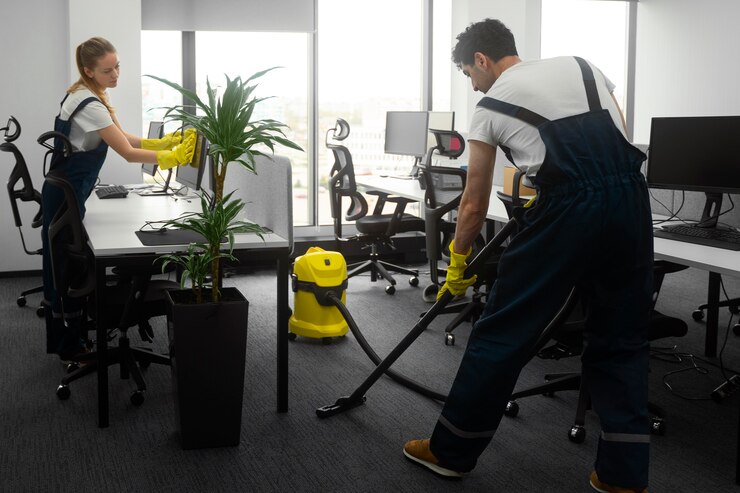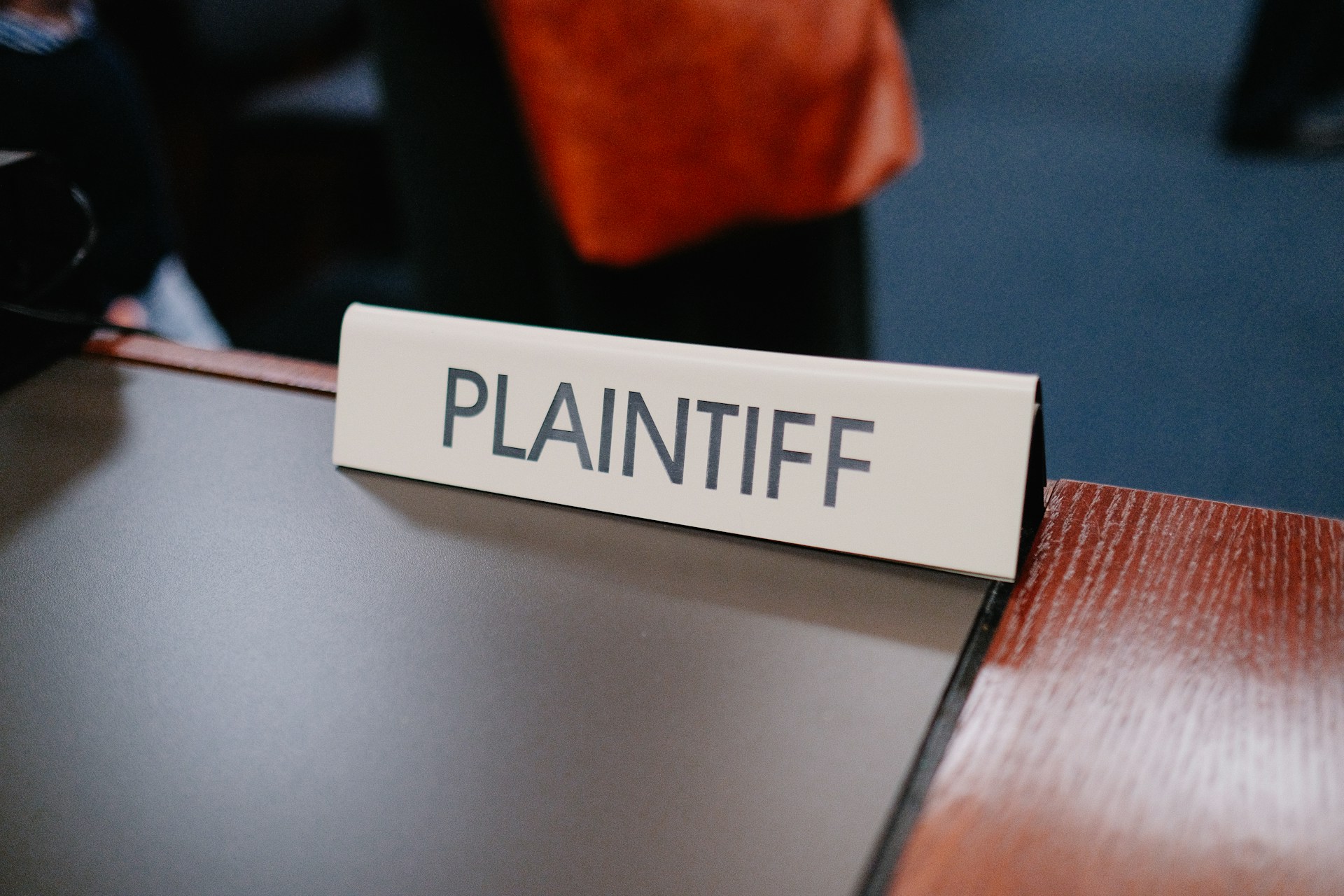A landmark in the ongoing discourse about the gig economy is the Homeaglow lawsuit. The legal action taken against Homeaglow, a cleaning service application, encapsulates the ongoing struggle for labor rights within this innovative yet controversial domain. This blog post aims to explore the details of the lawsuit, the allegations against Homeaglow, and the demands made by the plaintiffs. These aspects of the Homeaglow lawsuit serve as a microcosm of the larger issues at play within the gig economy.
Background Of The Lawsuit
The lawsuit, a class action complaint, was filed against Homeaglow by Marie Hovis and Genaro Mendoza. They represented themselves and others subjected to the same practices by Homeaglow. The application required them to register and create profiles, a process involving multiple steps. Following this, they were presented with the obligatory Contractor Agreement, which included a Binding Arbitration Provision. This provision outlined how disputes would be handled, favoring arbitration. Homeaglow sought to compel arbitration, leading to a court decision granting the motion.

The lawsuit encapsulates various claims against Homeaglow, ranging from failure to reimburse expenses to breaches of contract and unfair business practices. The outcome of this case could set precedents with broad implications for similar platforms and the rights of their workforce.
Allegations On Homeaglow
Homeaglow is facing serious allegations outlined in a class action lawsuit. The company is accused of misclassifying its cleaners as independent contractors, depriving them of essential protections mandated by California law. The lawsuit also asserts that Homeaglow has failed to reimburse cleaners for necessary business expenses, such as cleaning supplies and travel costs.
These allegations are not just against Homeaglow, but they also underscore broader concerns within the gig economy regarding equitable compensation and proper worker classification. The lawsuit’s outcome could have far-reaching implications for labor practices within the gig economy as a whole.
Plaintiffs Demands From Homeaglow
In the class action lawsuit against Homeaglow, the plaintiffs are demanding several remedies for the alleged misconduct. They are seeking damages and unpaid wages resulting from the purported misclassification of workers. They also want reimbursement for business expenses such as cleaning supplies and mileage, costs which were not covered due to the misclassification.

Furthermore, the plaintiffs are demanding an end to the imposition of illegal fees on cleaners for activities like advertising and client development. They seek to hold Homeaglow accountable for its alleged violations of state labor laws. These demands reflect a larger push to address issues surrounding worker classification and fair compensation within the gig economy. The outcome of this legal action could have widespread implications, potentially shaping labor practices not only for Homeaglow but for other gig economy platforms in California and beyond.
Impact of Lawsuit on Gig Economy
The lawsuit against Homeaglow carries significant implications for the gig economy, particularly within California, shedding light on the ongoing dispute surrounding the classification and rights of gig workers. Its outcome could serve as a precedent for future legal battles, potentially reshaping labor laws governing the gig economy. A ruling favoring the cleaners may embolden other gig workers to pursue similar legal actions and could prompt companies to reassess their practices regarding worker classification and compensation.
Moreover, the case draws attention to the vulnerabilities endured by gig economy workers, potentially influencing legislative efforts aimed at enhancing their protections and ensuring fair compensation. Depending on the verdict, gig economy companies may find themselves compelled to reconsider their business models to align with evolving legal standards and societal expectations. Ultimately, the lawsuit serves as a rallying point for advocacy efforts, fostering greater awareness about the challenges faced by gig workers and sparking broader discussions about the need for equitable treatment within the gig economy.
Current Status Of The Lawsuit
The Homeaglow lawsuit, where cleaners claim they were not treated fairly, experienced a significant setback in August 2023. The court ruled that they couldn’t join together to sue as a group, so each cleaner has to go to a separate meeting to discuss their grievances. This development makes it more challenging for them to get assistance. Although there was a hearing about the case in January 2024, it’s been tough for the cleaners since they can’t all work together to seek a resolution. This lawsuit highlights the difficulties faced by workers in industries like cleaning, who struggle to obtain fair treatment.

